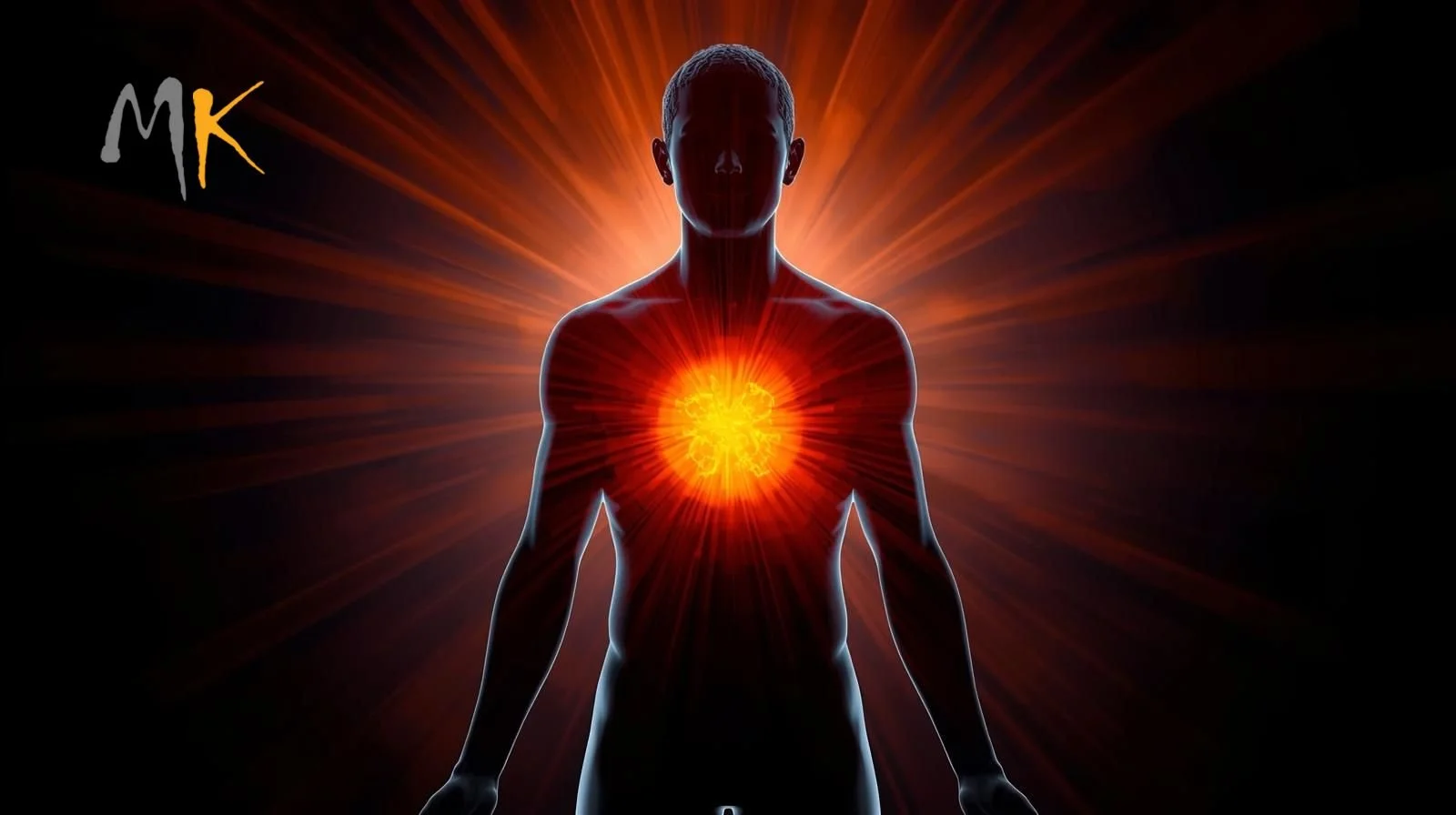Bloating, fatigue, anxiety, and brain fog aren’t random. These common gut health symptoms are your body’s way of asking for support.
Feeling bloated, heavy, constipated, or reacting to foods after the holidays? Here’s why your gut feels worse in January and the simple steps to reset your digestion naturally.
Exhausted, bloated, irritable, or not feeling yourself? Here’s why women crash in December and the simple, natural steps to revive your energy, hormones, and gut health for the new year.
Feeling bloated, foggy, tired, and inflamed after the holidays? Discover why your body feels overloaded and how a structured 10-day reset can quickly restore energy, digestion, mood, and clarity. Learn why quick results happen and how to start your Clear Change Reset.
Does Holiday eating usually leave you feeling overwhelmed, bloated, and unmotivated?
If so, you’ll love this quick, easy 24 hour holiday reset schedule.
Grab it in my full guide for Surviving Holiday Eating Now
Holiday eating is a time that many find very difficult, but with a few tweaks you can feel great even when enjoying heavier holiday meals.
Check out the Holiday Eating Survival Guide Today to feel your best this holiday season.
If you live in Newfoundland, you know what our winters feel like. Short days. Cloudy skies. Little sunlight.
What you may not know is how deeply this affects your body. Without enough sun, your Vitamin D levels drop. And when they drop, so do your energy, your mood, and your immune defenses.
Discover 10 simple, research-backed wellness products from creatine and colostrum to bee propolis spray and natural magnesium lotion that can help you feel stronger, recover faster, and support your body through the winter season.
You’re dragging through the day, your stomach feels tight and bloated, your brain’s on a roller coaster, and your patience is gone.
You might notice itchy ears, that constant throat-clearing habit, or the sudden return of sugar cravings.
Sound familiar?
That’s your gut calling for help!
Not all probiotics are created equally. Your body is looking for certain strains to do certain jobs.
This is where getting great quality clinically studied strains comes in. And that is what the Ultra Flora line of probiotics does.
Your gut is home to trillions of bacteria that quietly run the show. Ffrom your digestion to your mood. When they’re in balance, you feel great. When they’re not, things like bloating, fatigue, or brain fog can set in. Here’s what probiotics really do and why they matter for your everyday health.
Probiotics can absolutely help but only when they’re the right strains, in the right dose, at the right time.
When you use them strategically, they become a tool for rebuilding gut balance instead of a guessing game.
Stop guessing and start feeling the benefits of probiotics by using my Probiotic Finder Guide
If I could only recommend one immune supplement for fall and winter, it would be Vitamin D. In this post, you’ll learn why Vitamin D is your body’s spark plug, how to test your levels, the sweet spot for health, why K2 matters, and the top 5 benefits for your whole family. Simple, practical steps you can start today.
Many women start pregnancy nutrient deficient. Compare Materna vs. Wellness Essentials to see why quality prenatals with methylated folate, choline, and DHA matter for fertility, pregnancy, and postpartum health.
Every fall it starts the same the tickle in your throat, the tiredness, the colds that won’t quit. It’s not just bad luck. In this post, you’ll learn the hidden reasons your immune system weakens in fall and winter from low Vitamin D to gut health plus simple, practical steps you can take today to stay healthy all season long.
Did you know 70% of your immune system lives in your gut? Learn how gut health controls immunity and the best steps to strengthen both before winter.
Tired of winter colds? Discover 5 simple steps to strengthen your immune system before flu season in Canada. Sleep, food, stress, and supplements that work.
Struggling with low energy after summer?
Discover 5 simple ways parents can reset their routines, boost energy, support gut health, and beat September sluggishness plus how a short detox can help.
Always tired, bloated, or struggling with hormones? Discover when it’s time to see a naturopath in Canada. Book a free discovery call today.
Learn how broccoli sprouts and supplements support your Hormone balance and impact how you feel. It may be one of the cheapest solutions you can take to help your hormonal health for the better.
Struggling with what to pack for school lunch? Discover 5 budget-friendly, healthy lunchbox ideas your kids will actually eat quick, easy, and parent-approved.
If you're between the ages of 35 and 42 and wondering why you're suddenly feeling off moody, tired, anxious, or gaining weight for no reason you’re not alone.
This post dives into the early symptoms of perimenopause, how hormone shifts can sneak up on you even when your labs are “normal,” and the root causes that often get missed like gut health, sleep issues, cortisol overload, nutrient deficiencies, and years of birth control or medication use.
We’ll break it down in simple steps and offer real solutions to help you feel like yourself again starting with better sleep, liver detox support, and a quality multivitamin.
If you fall apart emotionally the week before your period struggling with sleep, anxiety, mood swings, or feeling like a totally different person you’re not alone. These aren’t just “PMS” symptoms… they’re warning signs of low progesterone.
In this blog, we break down exactly how progesterone is made (hint: it starts with ovulation), how stress and under-eating wreck it, and what you can do to support your body naturally.
We also explore how these same issues show up in PMDD when emotions, energy, and sleep completely crash in the second half of your cycle.
If you're ready to feel like you again, this is your must-read guide.
Feeling exhausted, unmotivated, or emotionally off? Burnout may be wrecking your hormones. Learn the signs—and what to do to feel like yourself again.
You’ve been told your symptoms are from stress—but what does that actually mean? Learn how cortisol is made in the body, what chronic stress does to your immune system, gut, hormones, and sleep, and how to naturally rebalance stress with lifestyle changes and the right supplements. Includes a free stress questionnaire, adrenal cocktail recipe, and expert supplement guide.
Struggling with hormone imbalance, estrogen dominance, or unexplained fatigue? Your liver might be the missing link. Learn how liver detox affects your hormones, gut health, and energy—plus natural solutions that actually work.
































